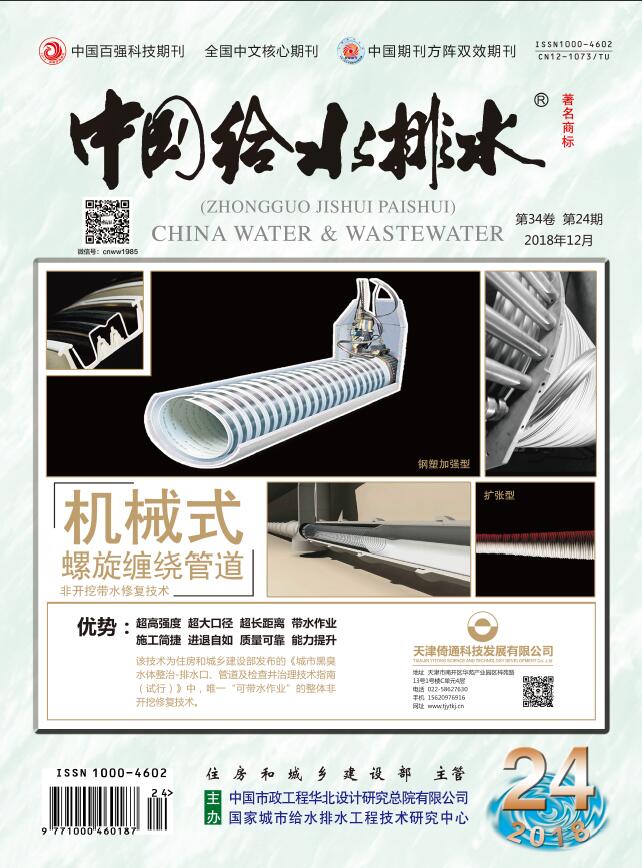TANGSi-jie,JIANGJi-ping,QIUYong,et al.AI Empowering Urban Water Environment Management[J].China Water & Wastewater,2024,40(16):8-17.
AI Empowering Urban Water Environment Management
China Water & Wastewater[ISSN:1000-4062/CN:12-1073/TU]
volume:
第40卷
Number:
第16期
Page:
8-17
Column:
Date of publication:
2024-08-17
- Keywords:
- artificial intelligence; urban water environment; smart water; smart environment protection; big data; research paradigm; water pollution
- Abstract:
- In view of the rapid development of artificial intelligence (AI) across various industries and the growing demand for water environment management in China, this paper systematically discussed the role of AI in the urban water environment management, focusing on a basic process of monitoring-early warning-tracing-control. AI-based agent monitoring, monitoring network design and dynamic inspection planning offer enhanced capabilities for water environment monitoring and water facility detection. Compared to traditional models, the data-driven water environment model can be deployed quickly and efficiently, accurately capturing variations in water quality dynamics. AI-supported expert systems effectively integrate and utilize large-scale environmental data to promptly identify pollution events. Source control of sewage presents a multi-objective planning challenge, commonly addressed using optimization algorithms to evaluate schemes. AI models the sewage treatment process and plant operation, to optimize the efficiency and cost-effectiveness. Water environment management should embrace systematic projects aligned with the concept of plant-network-river-source integration. AI offers significant advantages in such complex systems than traditional methods, which is conducive to the fine and comprehensive management of water environment. This paper explores AI’s development in urban water environment management, including its application of environmental big data, integration of data with physical models, establishment of new research paradigms and disciplines, and advancements in specialized education. Furthermore, it identifies several challenges in this field from scientific, sociological, and philosophical perspectives, urging further exploration by follow-up researchers.
Last Update:
2024-08-17

